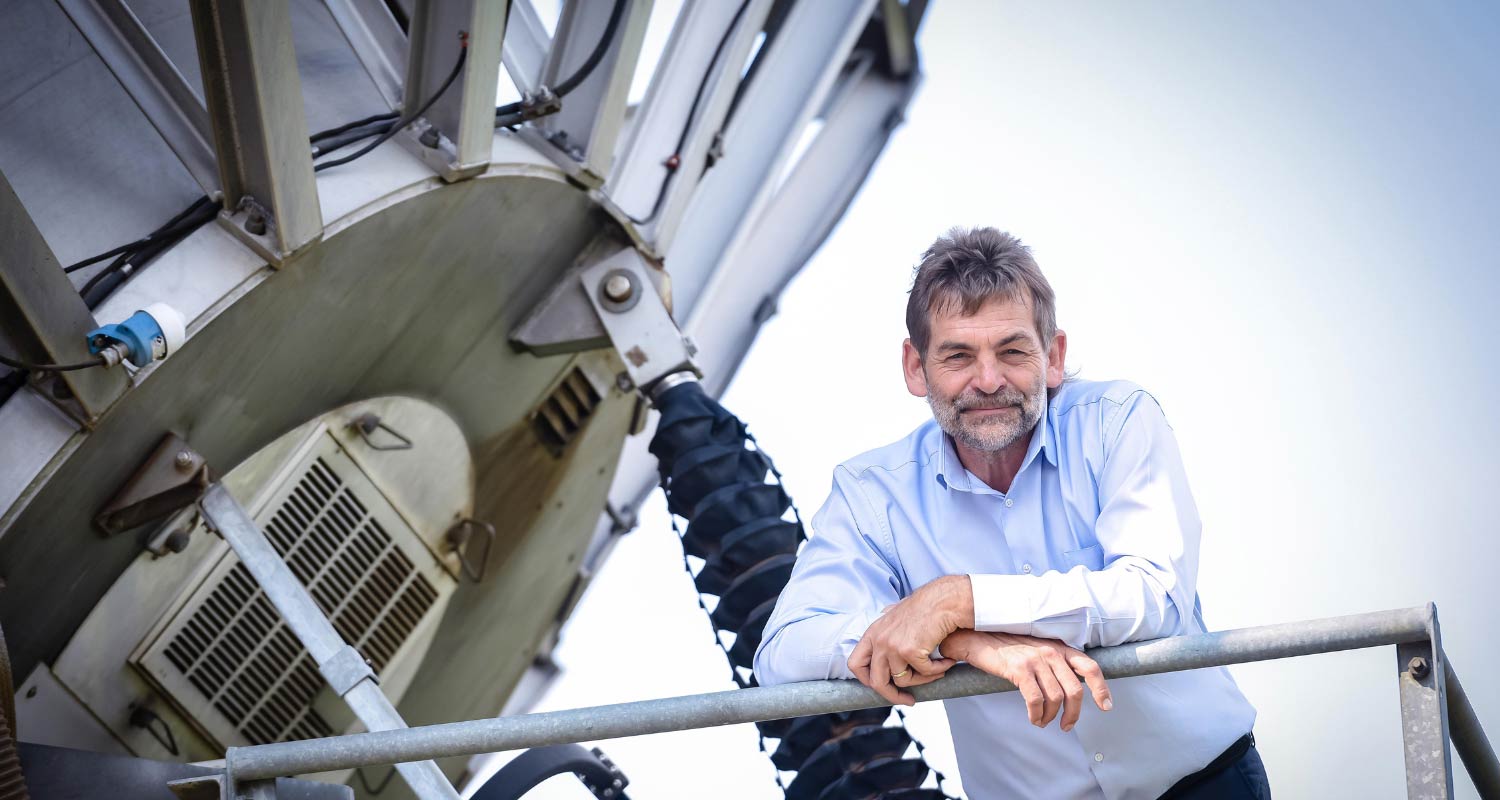SpaceX subsidiary Starlink has first-mover advantage in the low-Earth orbit (LEO) satellite broadband market, but many well-funded competitors are snapping at its heels, including some from China.
As of last month, Starlink had some 7 800 satellites in orbit, accounting for more than 65% of all active LEO constellations. Starlink has already sought regulatory approval to expand its constellation to 12 000, with another possible expansion to 34 000 satellites.
However, with more than 20 other companies across the world having already announced plans to expand their own constellations, Starlink’s early lead in the LEO space does not necessarily mean it’s already conquered the market.
“Who the market leader is going to be five or 10 years from now is open to debate because the first one out the gate is not always the winner,” said Dawie de Wet, CEO of South African satellite specialist Q-KON.
“Starlink, Kuiper and OneWeb look like they are going to be prominent players. But the Chinese constellations, like the ‘thousand sails’ cannot be ruled out, even though there isn’t much data available on them.”
Other players include AST SpaceMobile and potentially even Samsung, which has filed plans for its own constellation.
Elon Musk, who controls SpaceX and Starlink, is facing a challenge from fellow US billionaire, Jeff Bezos, the founder and former CEO of Amazon.com. Bezos’s first Project Kuiper satellites were launched in April, and the company plans eventually to deploy 3 200 satellites in three orbital planes: 590km, 610km and 630km above Earth.
Vertical integration
Kuiper plans to make extensive use of sister company Blue Origin’s rockets to launch satellites into space, though most of its launches so far have utilised United Launch Alliance’s Atlas V rockets as Blue Origin’s New Glenn rocket is still in active development. Kuiper’s vertical business integration is not as well developed as Starlink, which uses SpaceX rockets for all its launches. In fact, Kuiper sometimes uses SpaceX rockets, too.
Starlink’s vertical integration likely gives it a cost advantage over its rivals, while its larger constellation helps with coverage. But it’s not that simple. Kuiper satellites, although fewer in number, will orbit at higher altitudes than Starlink’s, meaning fewer will be needed to cover a wider area. One of the reasons Starlink wants its satellites, or “mobile towers in the sky”, closer to the ground is because it is betting on direct-to-mobile technology as a future revenue stream.
Read: Don’t expect Starlink in South Africa anytime soon
Starlink’s numerical advantage may not last forever, either. Reports of Chinese operators, although scant on details, suggest constellation sizes that will rival Starlink. Guowang (National Network), Qianfan (Thousand Sails) and Hongu-3 plan to have 13 000, 15 000 and 10 000 satellites, respectively, in orbit before the end of the decade.
According to Q-KON’s De Wet, the service quality of satellite broadband networks does not rely only on the amount of infrastructure orbiting the planet; the terrestrial backbone supporting the network is just as important. Ground stations are responsible for connecting satellites to the rest of the internet. The more ground stations a LEO service provider builds, the better quality they can offer, he said.

Starlink’s approach goes against the traditional delivery model used in the provision of satellite services. When geostationary satellites were the only game in town, satellite operators partnered with mobile operators to connect with consumers. LEO operators, including Kuiper, OneWeb and Lynk Global, have adopted the same model. Starlink has a direct to consumer model which, according to De Wet, may erode its lead in the market over time.
“Starlink has been slow to deploy ground stations across the map because it applies for regulatory licences in each market it wants to play in, which takes time,” said De Wet.
According to Jens Langenhorst, founder of Specialised RF – a consultancy for wireless, microwave and satellite networks – the competitive dynamics in the LEO satellite broadband market are likely to be shaped by the intent each service provider had before even launching satellites.
As an example, Langenhorst referenced the broader ecosystem in which Project Kuiper exists, namely Amazon’s e-commerce and cloud businesses. He surmised that it is in Amazon’s best interest to create a world where even the most far-flung inhabitants have access to the internet because only then can they shop online or make use of cloud services.
“It’s cheaper than having to negotiate internet connectivity solutions with service providers in every market that you want to enter, and it brings more people onto their platform, driving the retail platform and Amazon Web Services. Amazon sees connectivity in the same way it sees free shipping: as an enabler of its core business,” said Langenhorst.
Read: Ramaphosa backs Malatsi’s BEE reforms for ICT sector
“It is hard to say how the market will develop. because there are a lot of new applications and things we haven’t even thought of yet. The cost of the terminals will also determine market share and it’s likely that subsidies will be needed, in time, to drive the cost down,” said Langenhorst. – © 2025 NewsCentral Media
Get breaking news from TechCentral on WhatsApp. Sign up here.
Don’t miss:
City dwellers flock to Starlink, pushing network to its limits

